IBM - A Big innovations for the food supply chain
By MYBRANDBOOK
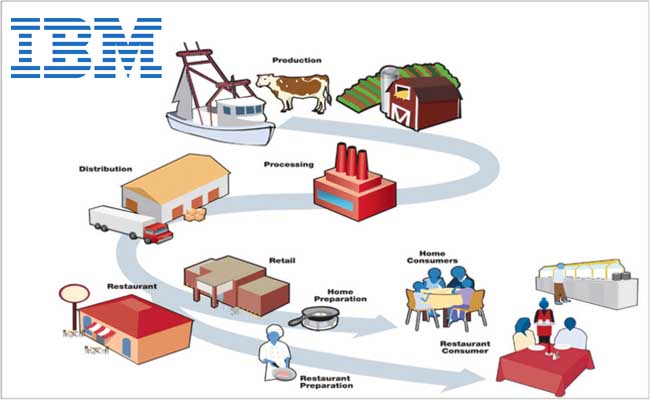
Today IBM has announced their 5 in 5 prediction for 2019, as described by Arvind Krishna, Senior Vice President IBM Cloud & Cognitive Software - IBM Research. Here are the predictions for the next five years -
Background on the Indian agri industry -
1. In India, 60% are marginal farmers with less than 1 hectare farm sizes - Hence, there is a need for local contextualization of any global solutions and IBM Research India lab is working towards addressing local issues by developing home-grown innovations.
2. 90% of all crops losses are due to changing weather conditions in India- IBM Research India's AgriTech solution along with The Weather Company leverages AI, IoT & Science to help predict accurate weather and plan better.
3. 50% of food ready for harvest never reaches consumers - Our Blockchain and IoT solutions can help track and address these challenges.
4. 70% of fresh water is used for agriculture! - Our AI and Science can help with innovative ways to save water.
Industry stats
1. As per a World Bank study, food borne diseases cost India $28 billion a year
2. According to the United Nations Development Programme, up to 40% of the food produced in India is wasted. About 21 million tonnes of wheat are wasted in India and 50% of all food across the world meets the same fate and never reaches the needy. In fact, according to the agriculture ministry, INR 50,000 crores worth of food produced is wasted every year in the country
Sharing his views on the relevance of the predictions for the India market Sriram Raghavan, Vice President, IBM Research- India & Singapore and CTO IBM India/South Asia said, "India as a country faces many challenges across its Food Supply Chain - small fragmented land holdings (many less than a hectare), waste in the food supply chain, and the urgent need to efficiently manage precious resources like land and water while responding to rapidly changing weather conditions. We believe that the digitization of the food supply chain powered by technologies like AI, IoT and Blockchain are critical tools in addressing these challenges and transforming the food ecosystem in India."
How IBM innovations will transform every stage of the food supply chain
Within the next five years, the Earth’s population will cross the eight billion mark for the first time. Our complex food chain-already stressed by climate change and a finite water supply will only be tested further. To meet the demands of this crowded future, we will need new technologies and devices, scientific breakthroughs, and entirely new ways of thinking about food safety and security.
IBM researchers around the world are already working on solutions at every stage of the food chain. They are helping farmers maximize crop yields and developing ways to curb the epidemic of waste that destroys 45 percent of our food supply. Our scientists are working to create a safety net to catch pathogens and contaminants before they make people sick. And they’re inventing ways to keep plastic out of our landfills and oceans.
Our researchers inspire us to imagine what else could be possible five years from now. When the eight billionth person is born on Earth, she will enter a world more connected, more interdependent and more responsive to change than the one her parents ever imagined. This is the future that awaits us all.
Video
Here’s a summary of the predictions IBM scientists will present this year.
FROM SEED...
Farming’s digital doubles will help feed a growing population using less resources
How do you give a farmer who has never set foot in a bank access to credit? By digitizing and capturing all aspects of agriculture, from the quality of the soil to the skills of the tractor driver to the price of melon sold at the market. It’s known as a Digital Twin, and within the next five years, using AI we can use this data to accurately forecast crop yields, which in turn will give banks and financial institutions the data points they need to provide credit to help farmers expand — maybe money does grow on trees after all.
TO HARVEST.
Spoiler alert: Blockchain will prevent more food from going to waste
Within five years, we will eliminate many of the costly unknowns in the food supply chain. From farmers to grocery suppliers, each participant in the supply chain will know exactly how much to plant, order, and ship. Food loss will diminish greatly and the produce that ends up in consumers’ carts will be fresher-when blockchain technology, IoT devices, and AI algorithms join forces.
TO SHELF…
Culture Club: Mapping the microbiome will protect us from bad bacteria
Within five years, food safety inspectors around the world will gain a new superpower: the ability to use millions of microbes to protect what we eat. These microbes-some healthy for human consumption, others not-are regularly introduced into foods at farms, factories, and grocery stores. Thanks to a new technique that enables us to analyze their genetic make-up cost effectively, microbes will tell us a lot about the safety of what we consume.
TO TABLE…
Dinner plate detectives: AI sensors will detect foodborne pathogens at home
Within five years, the world’s farmers, food processors, and grocers-along with its billions of home cooks-will be able to detect dangerous contaminants effortlessly in their food. All they’ll need is a cell phone or a countertop with AI sensors. IBM researchers are creating powerful, portable AI sensors that can detect foodborne pathogens anywhere and everywhere they might turn up. These mobile bacteria sensors could dramatically increase the speed of a pathogen test from days to seconds, allowing individuals up and down the food chain to detect the existence of harmful E. coli or Salmonella before it becomes an outbreak.
TO TRASH…
Plastic Surgery: A radical new recycling process will breathe new life into old plastic
In five years, the disposal of trash and the creation of new plastics will be completely transformed. Everything from milk cartons to cookie containers to grocery bags and cheese cloths will be recyclable, and polyester manufacturing companies will be able to take in refuse and turn it into something useful. This transition will be powered by innovations like VolCat, a catalytic chemical process that digests certain plastics (called polyesters) into a substance that can be fed directly back into plastic manufacturing machines in order to make new products.


Legal Battle Over IT Act Intensifies Amid Musk’s India Plans
The outcome of the legal dispute between X Corp and the Indian government c...

Wipro inks 10-year deal with Phoenix Group's ReAssure UK worth
The agreement, executed through Wipro and its 100% subsidiary,...

Centre announces that DPDP Rules nearing Finalisation by April
The government seeks to refine the rules for robust data protection, ensuri...

Home Ministry cracks down on PoS agents in digital arrest scam
Digital arrest scams are a growing cybercrime where victims are coerced or ...

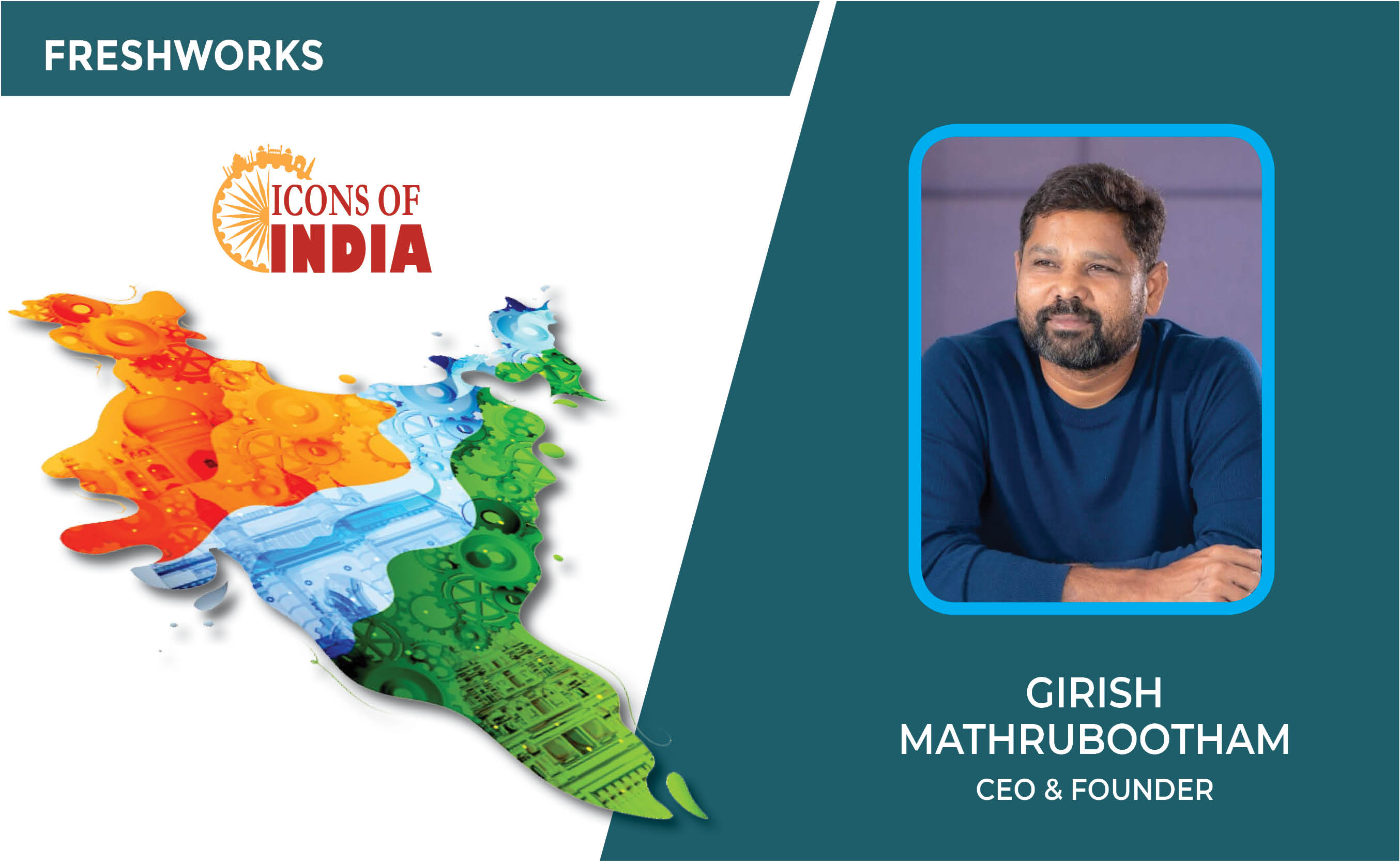
Icons Of India : Girish Mathrubootham
Girish Mathrubootham is the Founder of Freshworks (previously known ...
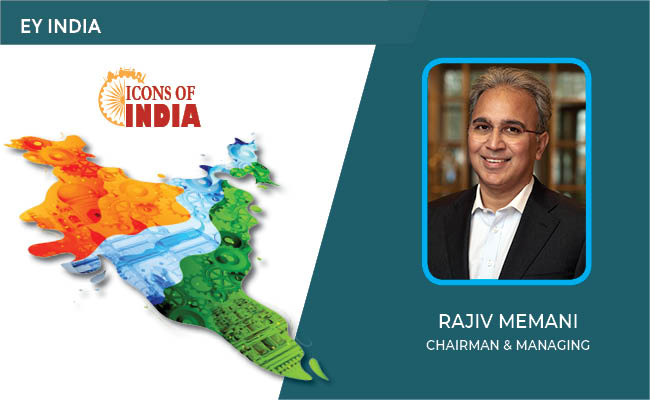
ICONS OF INDIA : RAJIV MEMANI
As Chair of the EY Global Emerging Markets Committee, Rajiv connects e...
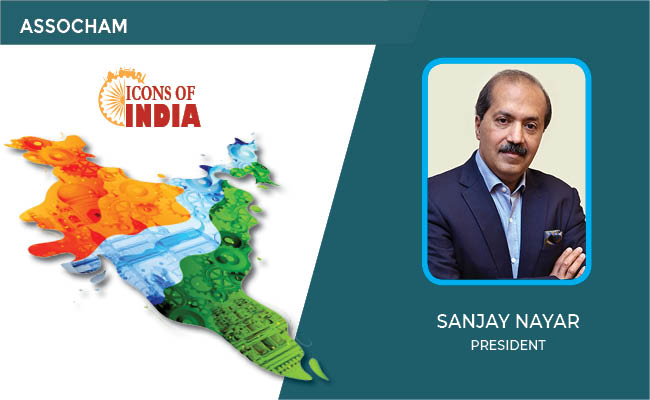
ICONS OF INDIA : SANJAY NAYAR
Sanjay Nayar is a senior finance professional in the Indian private in...


DRDO - Defence Research and Development Organisation
DRDO responsible for the development of technology for use by the mili...
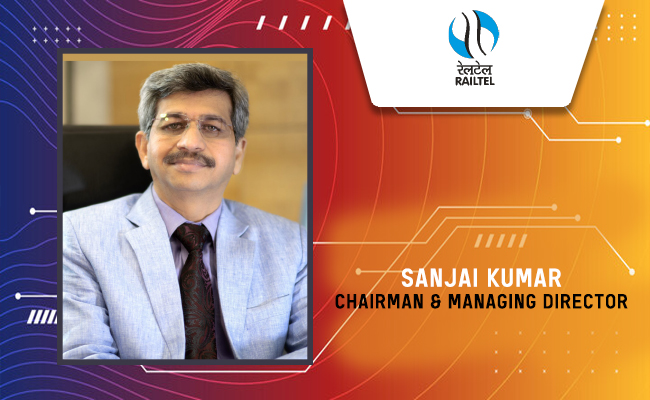
RailTel Corporation of India Limited
RailTel is a leading telecommunications infrastructure provider in Ind...
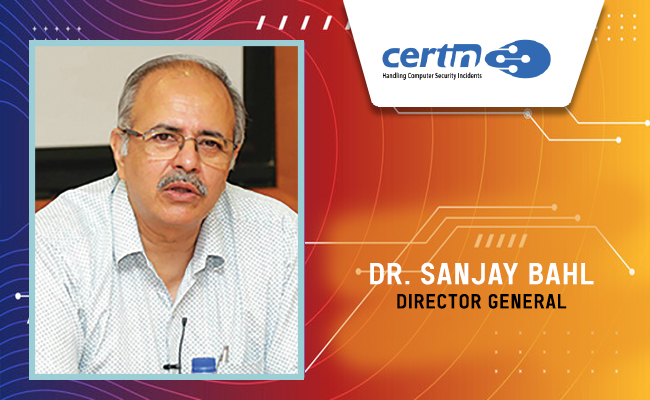
CERT-IN - Indian Computer Emergency Response Team
CERT-In is a national nodal agency for responding to computer security...

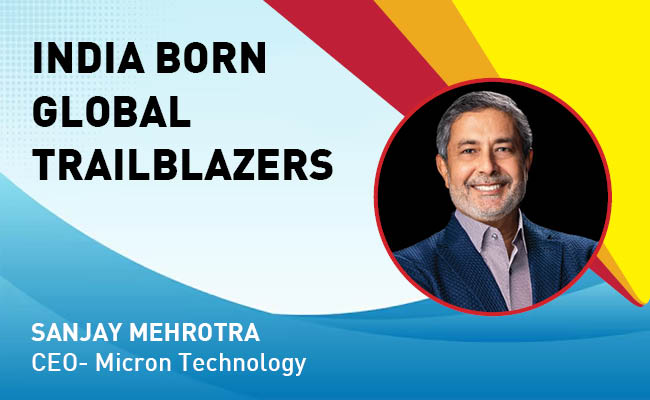
Indian Tech Talent Excelling The Tech World - Sanjay Mehrotra, CEO- Micron Technology
Sanjay Mehrotra, the President and CEO of Micron Technology, is at the...
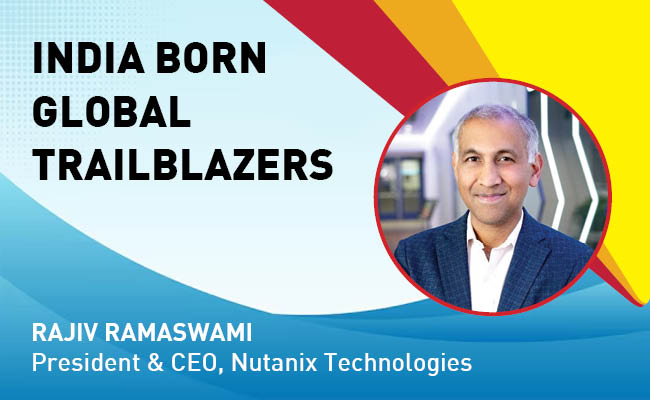
Indian Tech Talent Excelling The Tech World - Rajiv Ramaswami, President & CEO, Nutanix Technologies
Rajiv Ramaswami, President and CEO of Nutanix, brings over 30 years of...
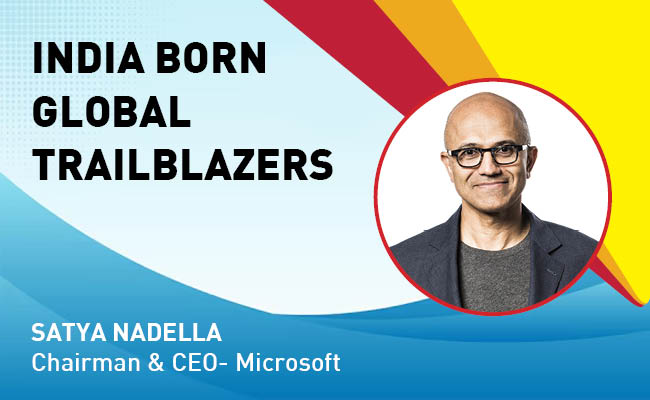
Indian Tech Talent Excelling The Tech World - Satya Nadella, Chairman & CEO- Microsoft
Satya Nadella, the Chairman and CEO of Microsoft, recently emphasized ...
 of images belongs to the respective copyright holders
of images belongs to the respective copyright holders